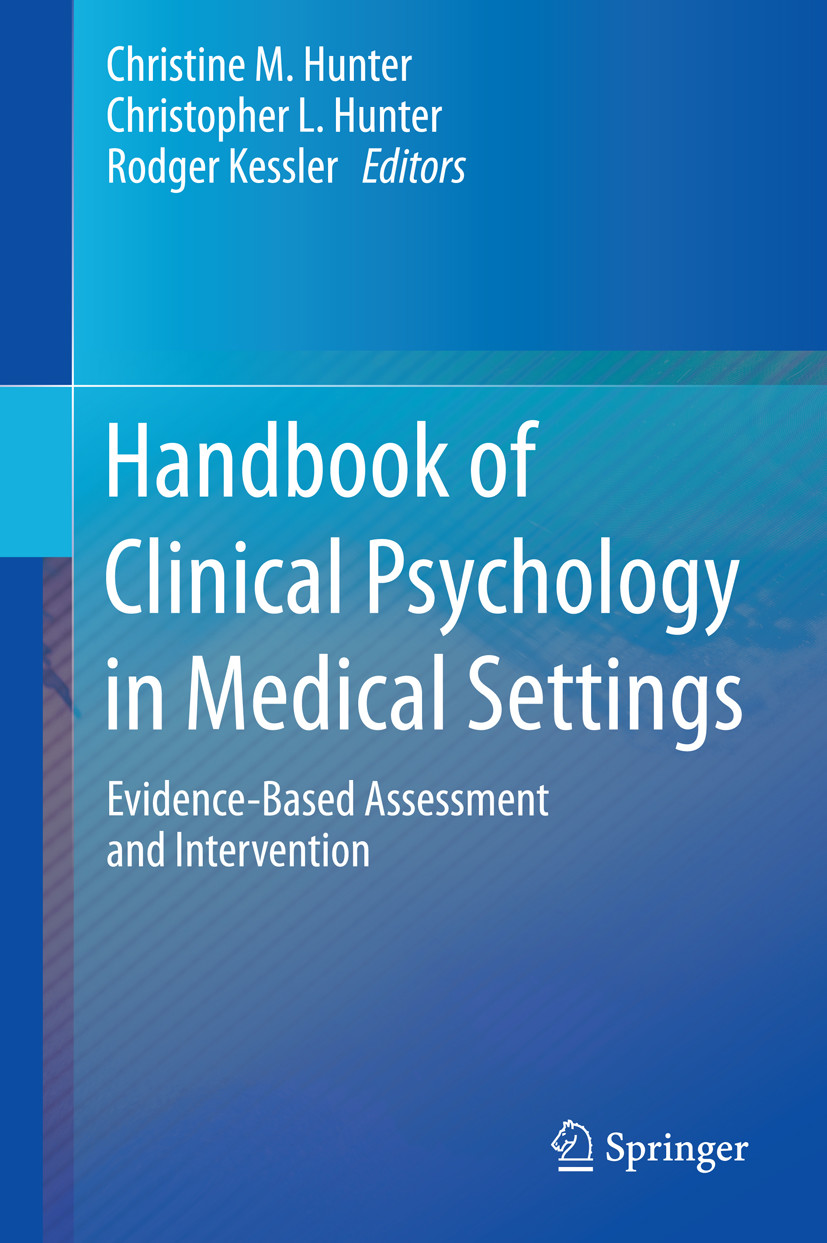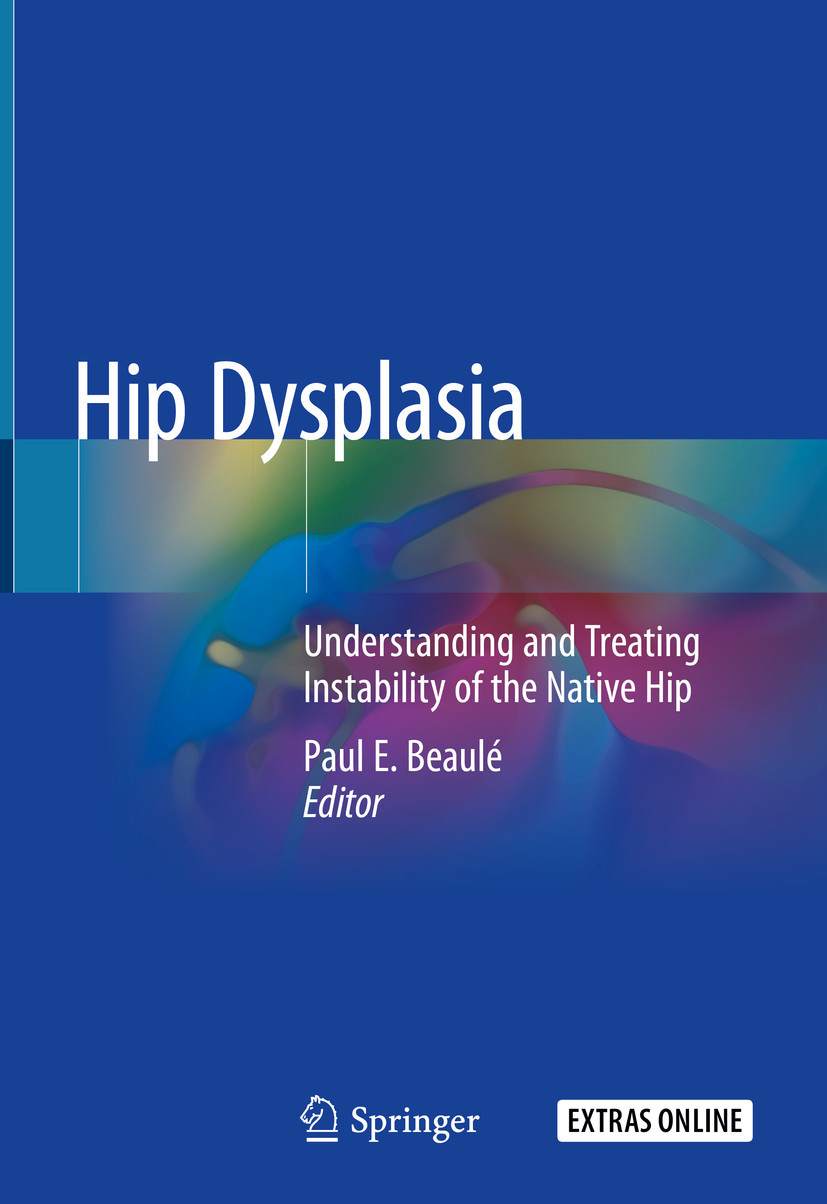Handbook of Clinical Psychology in Medical Settings
Evidence-Based Assessment and Intervention
| Auflage | 1. Auflage, 2014 |
| Verlag | Springer-Verlag |
| ISBN | 9780387098173 |
Produktbeschreibung
Growing recognition of the role of behavioral health in overall health, the rise of health psychology, the trend toward interdisciplinary medicine--any number of factors have made clinical psychology an integral part of integrative care. Its applicability to the range of specialties, populations, and levels of care adds to its increasing necessity in diverse healthcare settings.
The Handbook of Clinical Psychology in Medical Settings emphasizes evidence-based care and practical strategies for hands-on work with patients while illuminating the unique aspects of the practice of psychology within medical settings.
Skills are examined in depth for more effective work with patients, more efficient teamwork with colleagues, and better functioning within medical settings, whether readers are involved in primary, secondary, or tertiary care or prevention. Chapters also focus on ethical, legal, and financial issues, as well as changes needed in training programs to ensure that the field keeps up with the evolution of care systems and service delivery. Included in the Handbook 's forward-looking coverage:
- Psychology and population health.
- Core competencies for success in medical settings.
- Evidence-based practice--and practice-based evidence.
- Marketing health psychology, both within and outside the medical setting.
- Competency for diverse populations.
- Plus chapters devoted to specific specialties and settings, from cardiology to women's health.
Comprehensive yet highly readable, the Handbook of Clinical Psychology in Medical Settings is a practice-building resource for health psychologists, clinical psychologists, and primary care physicians.
Dr. Christopher L. Hunter, Ph.D., ABPP obtained his doctoral degree in Clinical Psychology from the University of Memphis, specializing in behavioral medicine. In 2005 he was board certified in clinical health psychology by the American Board of Professional Psychology. For the last six years, he has worked Defense Health Agency as the DoD Program Manager for Behavioral Health in Primary Care. He is a previous Chair for the Society of Behavioral Medicine's integrated primary care special interest group and is a Collaborative Family Health Care Association board member. He has extensive experience training individuals to work in primary care settings to treat common mental health conditions (e.g., depression), health behavior problem areas (e.g. tobacco use, obesity) and chronic medical conditions (e.g., diabetes, chronic pain).
Dr. Christine Hunter, Ph.D., ABPP, is the Director of Behavioral Research at the National Institute of Diabetes and Digestive and Kidney Diseases (NIDDK). In 1997 Dr. Hunter obtained her Ph.D. in Clinical Psychology from The University of Memphis. She completed a Postdoctoral Fellowship in Clinical Health Psychology in 2001 and was Board Certified in Clinical Health Psychology in 2005 by the American Board of Professional Psychology. Prior to joining NIDDK in 2006, she served in the U.S. Air Force for ten years in a variety of clinical, management, research, and policy positions. At NIDDK she is responsible for a portfolio of behavioral research on the prevention and treatment of diabetes and obesity. This portfolio includes broad range of research including basic behavioral science in humans, translation of basic behavioral science finding into novel interventions, efficacy, effectiveness, and pragmatic trials, evaluation of natural experiments in large programs or policies, and dissemination and implementation research.
Rodger Kessler, Ph.D., ABPP, is a clinical psychologist who for the past 17 years has been doing research in the area of collaboration between primary health care and behavioral care. Dr. Kessler has created multiple medical practice sites where behavioral health practitioners are located within medical offices so that physicians and behavioral health clinicians can deliver evidence-based, integrated medical psychological care. Dr. Kessler's current research focuses on implementation of evidence supported EHR driven panel based hypertension and diabetes care and the impact of different models of i medical psychological care on Triple AIM outcomes. He is primary author of the Vermont Integration profile, a practice level assessment of degree of primary care behavioral integration. He is board certified in health psychology, a Fellow of two divisions of the American Psychological Association, and the Society of Behavioral Medicine.. Dr. Kessler is currently research assistant professor in the Department of Family Medicine at the University of Vermont College of Medicine.






